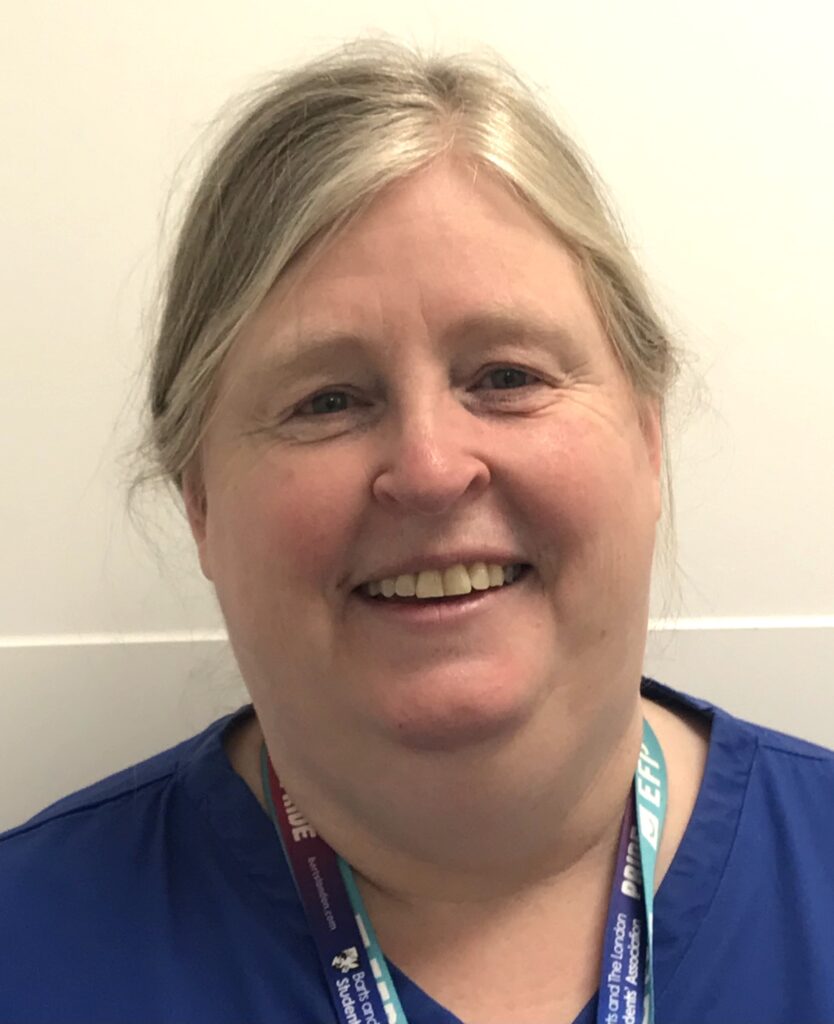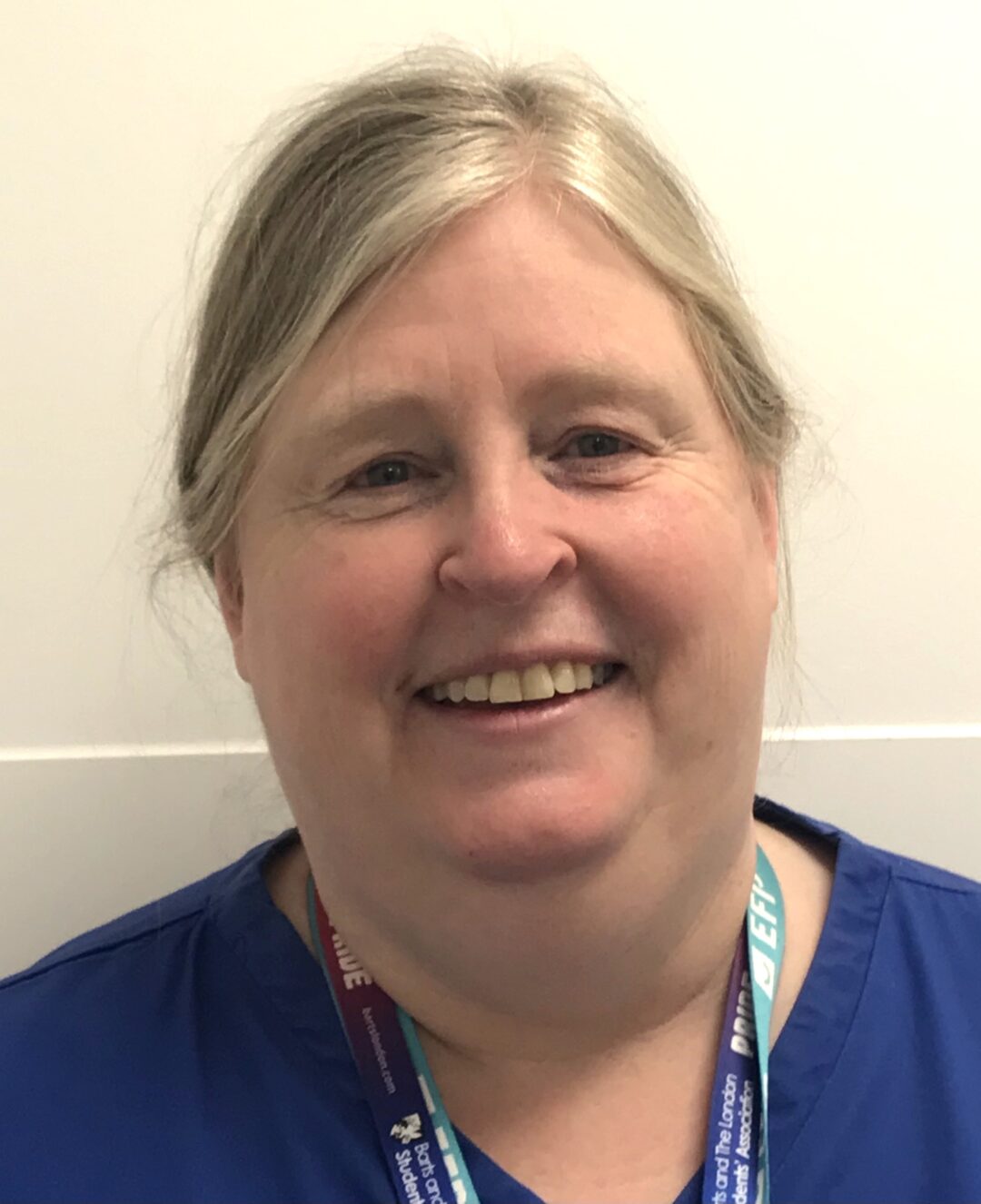Dental Therapist Sarah Murray MBE, Associate Member, Board member of the College’s Faculty of Dental Hygiene and Dental Therapy, and Senior Lecturer in Dental Public Health at Queen Mary University of London, discusses the role of dental practices in delivering preventative oral care advice.

As dental professionals, we are all aware of the challenges individuals are currently experiencing in accessing dental services. We are also very aware that tooth decay has a significant impact on children, their families and the wider society, with children experiencing pain, infections and difficulty in eating, the need to take time out of school to attend dental appointments, parents taking time off work to bring their children to the dental practices, and the high costs of general anaesthetic for extractions when preventive measures have not been adopted or failed. The latest guidance from Public Health England (2017) Health Matters: Child Dental Health, identified a staggering £7.8 million was spent on tooth extractions in 2015 to 2016 amongst children under the age of five, with the majority being a result of tooth decay.
As dental professionals we need to review whether we are utilising every opportunity to promote healthy oral health behaviours from early in a child’s life and through an individual’s life course, and it is the responsibility of all members of the dental team to provide this support. Utilising extended duties dental nurses who are appropriately trained and competent in oral health education and the application of fluoride varnish, dental hygienists, dental therapists and orthodontic therapists, in addition to dentists, is fundamental to this.
We have all experienced that getting our patients to change their unhealthy behaviours is a challenge, so we should be promoting this at every appointment and see it as a long-term commitment from the dental team. The advice we provide needs to be tailored and individualised, and to regularly reinforce key messages in line with contemporary evidence.
Foundation Dentists’ experiences
A recent article by Rutter et al (2023) made me consider whether we need to review what messages we are providing to our patients and how we are delivering these. The authors explored the challenges that newly qualified dentists experienced in delivering oral health advice to parents and caregivers of young children in the Yorkshire and Humber region; one of the five themes was around motivation for behaviour change and this linked well to another theme around parental receptivity to the messages being provided.
The study identified two aspects to motivation: the parents’ motivation to change, and the practitioners’ motivation to engage in a behaviour change conversation. As many experienced clinicians will have found, there are no surprises to the findings: the Foundation Dentists discovered that in general, parents did not return diet diaries and, if they were returned, there were questions about whether they were accurate. The lack of embracing positive oral health behaviours by patients created despondency in the practitioners; this is a sad outcome considering how Foundation Dentists are at the start of their career journeys and experiences such as these could hinder them in promoting behaviour change through the rest of their careers.
Supporting patients to take the next step
We remind ourselves that changing behaviour is part of a cycle; every time we promote healthy habits we are enabling patients to think about making a change (precontemplation and contemplation), and one day, they inform you that they are planning on making that change and have set a date for the change (planning for change) – how wonderful is that! We should be there to support them when they are ready to make that change (action) and guide them if, and when, they relapse.
Reviewing our practices
So, what are dental practices or clinics actively doing to encourage positive oral health behaviours particularly in children? These could include:
- embracing Dental Check by One in our clinics, by using the British Society of Paediatric Dentistry posters as a promotion tool; this could encourage parents to book an appointment and begin considering healthy habits for their babies which may result in a change for their other children and themselves. BSPD has other useful resources on its website so is worth checking out further
- utilising extended duty dental nurses to provide health promotion in dental practices, and in outreach, such as schools and the community
- ensuring children have a toothbrush and are using the correct toothpaste for their needs, and reinforcing the ‘spit, don’t rinse’ message
- considering undertaking clinical audits of patient records to establish whether the advice being provided is highlighting any gaps; look to see if the messaging is clear and consistent and explore ways this can be improved
- reviewing the literature to ensure our skill set is maximised and for us to be open to making change and sharing new information with the whole of the dental team
How we work with the population who are experiencing common oral diseases and difficulties with access, and how we move to a future population free from dental caries, and other preventable oral diseases, is certainly food for thought.
References used in the compilation of this blog:
British Society of Paediatric Dentistry (2017). Dental Check By One. (2017). Available at https://dentalcheckbyone.co.uk/
Public Health England (2017) Health Matters: Child Dental Health. London: Department of Health Publications. Available at https://www.gov.uk/government/publications/health-matters-child-dental-health/health-matters-child-dental-health
Rutter L, Duara R, Vinall-Collier KA, Owen J, Haley I, Gray-Burrows KA, Hearnshaw S, Marshman Z and Day PF (2023). Experiences of newly qualified dentists in delivering oral health advice to parents/caregivers of young children —challenges and solutions. Front. Oral. Health 4. Available at https://eprints.whiterose.ac.uk/199925/1/froh-04-1079584.pdf
Join us for a webinar, in partnership with Haleon, to discover how we’re working together to enhance oral healthcare across the UK and to discuss the findings of our upcoming ‘Dental Health Barometer’ campaign. Join us on Thursday 30 November at 2pm (GMT) – more information and register.
Can you help us in the next phase of our research? We would like to hear from practices around the UK who are interested in hosting an evening focus group to explore preventative oral care advice given within practice – find out more.


